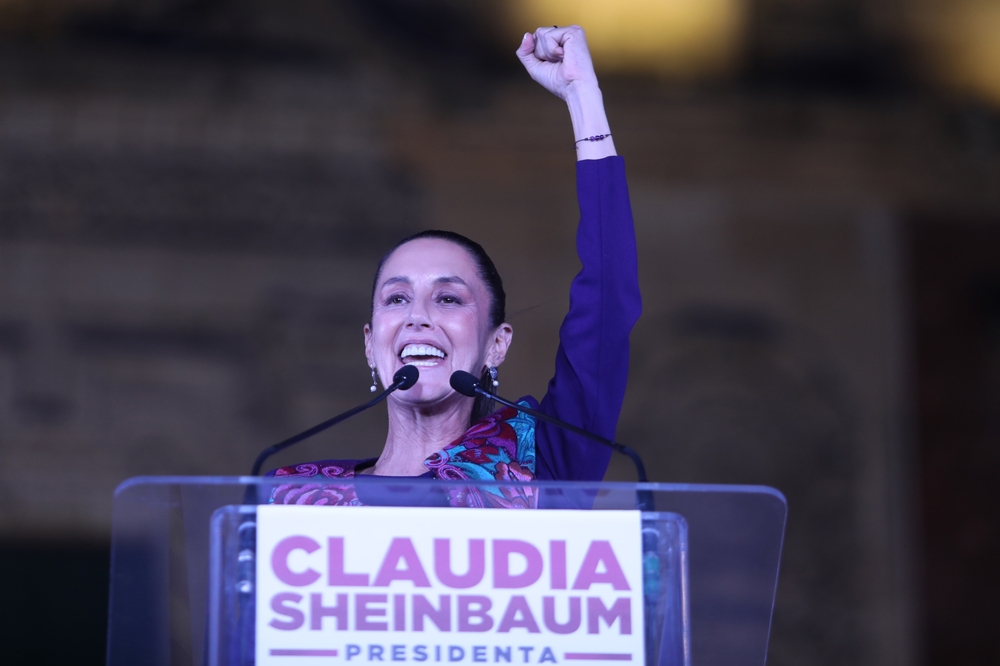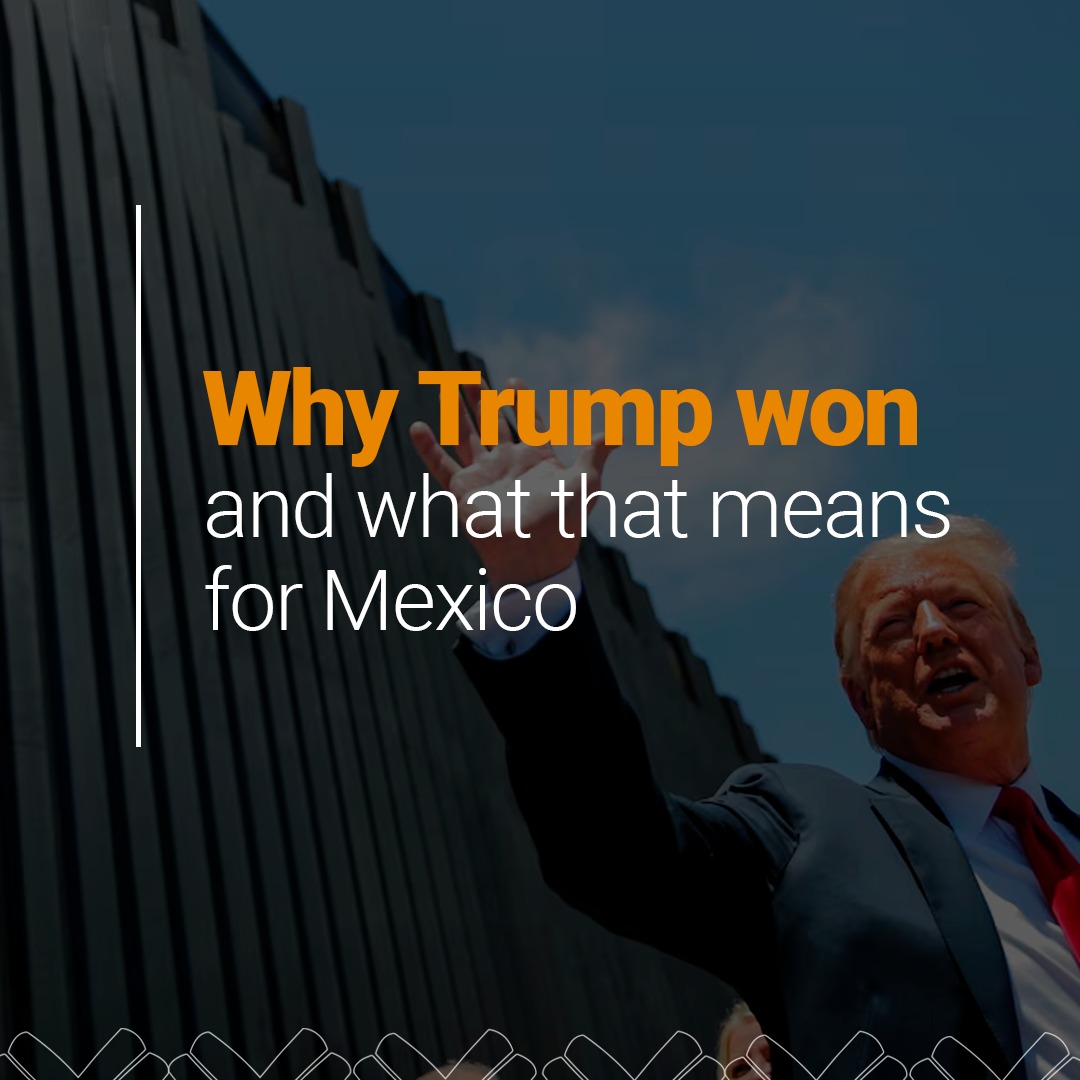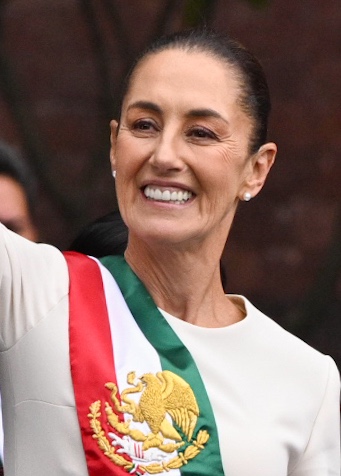PPP
Spotlight #4:
Public Relations Firm to the Rescue of Plan Puebla-Panama
Wendy Call | September
10, 2003
Editor’s
introduction: While the notion of spurring development in the Mesoamerican region may seem, upon initial consideration, attractive, there are numerous questions about the proposed infrastructure development project, the Plan-Puebla Panama (PPP), that remain unanswered. Of particular importance: determining who will benefit from the plan vs. who will be negatively impacted. In order to probe more deeply into the details of the PPP, identify the potential merits and shortcomings of the plan, and provide civil society actors with information they can use to conduct PPP-related work, the Americas Program at the Interhemispheric Resource Center (IRC) has teamed up with journalist Wendy Call to produce the monthly PPP Spotlight.
In light of growing controversy over Plan Puebla-Panama, the Inter-American Development Bank hired the largest U.S.-based public relations firm to conduct a needs assessment of PPP marketing. The analysis showed how the IDB’s scoping meetings changed participants’ opinions about the plan, shedding light on reasons for opposition. The bank’s response remains to be seen.
The findings are set against the backdrop of two parallel processes of
citizen involvement in PPP: the IDB’s own Special Program of Information,
Consultation, and Participation (ICP) and organized civil society’s independent
series of forums addressing the plan.
The IDB’s special program–announced in early July, even though it had
been in operation for more than a year–has three stated goals:
distributing information that would contribute to a "better understanding
and acceptance" of PPP projects by "participating populations,"
"identifying and considering the preferences of the involved groups,"
and
insuring "the benefits [of PPP projects] really reach everyone involved."
The eight small ICP meetings held to date have attracted a total of almost
500 people, according to IDB estimates.
Meanwhile, since May 2001 more than 3,500 people, representing hundreds
of community groups and nongovernmental organizations (NGOs), have participated
in four alternative international meetings challenging the PPP. The most recent,
called the "Forum for Self-Determination and Community Resistance,"
brought together more than 1,600 in Tegucigalpa, Honduras, in late July.
The IDB contracted the public relations firm Fleishman-Hillard International
to analyze how ICP meetings changed the participants’ opinions of the PPP.
No stranger to Mexico, Fleishman-Hillard recently hired Army Gen. Barry MacCaffrey,
former U.S. drug czar, to its new "homeland security practice,"
which entails working on everything from "border security to biodefense."
The firm also manages public relations for Costco in Cuernavaca, Mexico, where
construction of a new superstore–opposed by the community–involves paving
Cuernavaca’s largest green space and destroying several historic murals.
As part of its IDB contract, Fleishman-Hillard analyzed 2,385 articles
about the PPP that appeared in major Mexican and Central American newspapers
in 2002. The reviewers found that 53% of the articles projected a "positive"
tone about the PPP. They considered only 12% "neutral," judging
35% "negative." Fleishman-Hillard specifically pointed out the success
of the international forums challenging the PPP. "Negative [news] articles
grew in the third and fourth quarters [of 2002], driven by repercussions of
the Third Forum ‘Facing the Plan Puebla Panama,’ which took place in Managua,
[Nicaragua,] in July 2002."
According to Fleishman-Hillard, the most common "positive message"
projected was "the existence of political will to advance the plan."
The second and third most common "positive visibility" messages
were that the PPP "will stimulate development" and "will attract
investment." While the positive messages focused on what might happen,
the top negative message focused on what isn’t happening: implementation of
PPP projects. That message predominated in Mexican media coverage of the plan.
In Central America, the most common negative message was the assertion that
the real beneficiaries of the PPP are the Mexican government, the United States,
or foreign corporations.
The Mexican government–the original PPP promoter–recognizes this problem.
In a recent meeting, a Mexican official (who declined to be identified) said
the PPP would be "reworked" because it had been poorly planned.
According to the official, the PPP might be separated into two parts, one
for Mexico and one for Central America, because Central Americans saw the
PPP as "Mexican imperialism."
In addition to analyzing media coverage, Fleishman-Hillard polled participants
in the eight ICP meetings. The agency concluded that the negative opinions
expressed about the PPP made it clear "the participants need more information
about the plan."
Since the PPP was announced nearly three years ago, local communities have
demanded that they be involved in project planning, not just informed of decisions.
However, the Fleishman-Hillard report focuses only on the "I" of
the ICP meetings: information. It states flatly that the goal of civil society
involvement in the PPP is "to contribute to legitimizing and sustaining"
the PPP. Fleishman-Hillard notes that 63% of the participants polled indicated
their opinion about the PPP had changed for the better because of the meetings.
In its report, Fleishman-Hillard urged the IDB to "take a more proactive
role in communicating the process of the ICP," with the goal of "achieving
support for the PPP and neutralizing opposition."
IDB Press Officer Peter Bate said the bank extended invitations to ICP
meetings both to organizations it works with and "groups that haven’t
been responsive." He continued, "Occasionally, groups show up and
state their case and stomp out." The IDB’s eventual goal is to solicit
community participation in PPP planning, Bate said, but couldn’t give details
on how or when that would happen. As of late August, meetings had been held
only in Central America. Asked why there had been no meetings in Mexico, Bates
replied, "As opposed to some Central American countries that have a relatively
long history of consultation with civil society, Mexico has bigger challenges."
On Aug. 28, the Mexican Foreign Ministry cohosted an event with the UN
Development Fund for Women (UNIFEM) in Mexico City, separate from the ICP
process, to discuss "Gender Equity on the Plan Puebla-Panama." More
than 100 women from civil society organizations attended the event. The women
of AMAP (Mexican Alliance for Peoples’ Self-Determination), a network opposed
to the PPP, declined the invitation, calling the meeting a "sophisticated
strategy" to "infiltrate NGOs that are disconnected from popular
sectors, organizations, and social movements." At the meeting, Foreign
Minister Luis Ernesto Derbez acknowledged that "little has been said
about the living conditions of the majority of women in the [PPP] region,
and how the plan could affect their daily life."
Civil society is pressuring the region’s governments and the IDB to not
only acknowledge these sorts of concerns, but address them. Participants in
the July 2003 forum on the PPP in Honduras came from all eight countries involved
in the PPP, as well as Brazil, Colombia, Cuba, Haiti, Spain, Venezuela, and
the United States. By the end of the forum, many participants had signed on
to a "Manifesto Against the IDB." Drafted at the Tegucigalpa meeting,
the statement has been circulating through activist networks and on the Internet
since then. The manifesto charges that the IDB and the Central American Economic
Integration Bank (CABEI) serve international commerce and negotiations for
the Free Trade Area of the Americas, rather than local communities. It also
asserts IDB programs "negatively affect the well-being of the Central
American and Caribbean people" and "cause irreparable damage to
[the region’s] rich biodiversity." The manifesto calls on Latin Americans
to pressure their governments to reject IDB loans and suspend foreign debt
payments.
Asked about the manifesto, Bate said it was "a gross misrepresentation
of what the IDB does." He reported the IDB hadn’t had any communication
with the manifesto’s authors.
However, Brendan O’Neill of Action for Social and Ecological Justice, a
member of the U.S.-Canada coalition No PPP, said that a preliminary version
of the manifesto was presented in person to IDB representatives at their Tegucigalpa
office. "They reacted, saying that this was a very strong statement,
took the card and showed general disagreement and disgust, and asked the five
or six [civil society] representatives from the region to leave," O’Neill
said.
Bates said IDB is "always" willing to include public input. "The
coordinator of the PPP is willing to meet with people whenever he’s down there.
His email is on the website. He’s willing to go anywhere, even the thick of
the Lacandón Jungle." In point of fact, access is not so easy,
however. All IDB scoping meetings to date have been held in capital cities,
none in rural areas; and only about 1% of Latin Americans can readily connect
to Internet.
Wendy Call is a freelance writer who divides her time between Massachusetts
and Oaxaca. She is working on a book entitled No Word for Welcome: Mexican
Villages Face the Future , about indigenous communities in Oaxaca and globalization.
She can be reached at < wendycall@world.oberlin.edu >.
Sources for More Information
"Indigenous Opposition to Puebla-Panama Plan Faces Repression,"
by Bill Weinberg | World War 3 Report, August 2003
http://ww3report.com/article.pl?sid=03/08/08/2340206&tid=6
"Information Disclosure Policy Brief" | InterAction IDB-Civil
Society Initiative, April 2003
http://www.iadb.org/exr/pic/infoconsult/ic7.pdf
"Estudio ICP realizado por Fleishman-Hillard "| Fleishman-Hillard,
April 5, 2003
http://www.iadb.org/ppp/document/documentDetails.asp?document_id=242
"Posición Política de la Delegación Mexicana
del IV Foro MesoAméricano"
| Centro de Investigaciones Económicas y Políticas de Acción
Comunitaria, August 6, 2003
http://www.ciepac.org/bulletins/301-%20500/bolec363.htm
"Declaración del IV Foro MesoAmericano por la Autodeterminación
y la Resistencia de los Pueblos" | Red Mexicana de Acción frente
al Libre Comercio, July 24, 2003,
http://www.rmalc.org.mx/ppp/decla_IVforo_meso.htm
"Proposed Development and Alternatives" | Global Exchange
http://www.globalexchange.org/countries/mexico/ppp/
Join our network to receive
email announcements that tell you when new items like this article are posted
to the Americas Program website. Information on our privacy policy is available
on our network sign-up page.
Published by the Americas
Program at the Interhemispheric
Resource Center (IRC). ©2003. All rights reserved.
Recommended citation:
Wendy Call, "Public Relations Firm to the Rescue of Plan Puebla-Panama,"
PPP Spotlight #4, Americas Program (Silver City, NM: Interhemispheric Resource
Center, September 10, 2003).
Web location:
http://www.americaspolicy.org/citizen-action/spotlight/2003/030910.html



